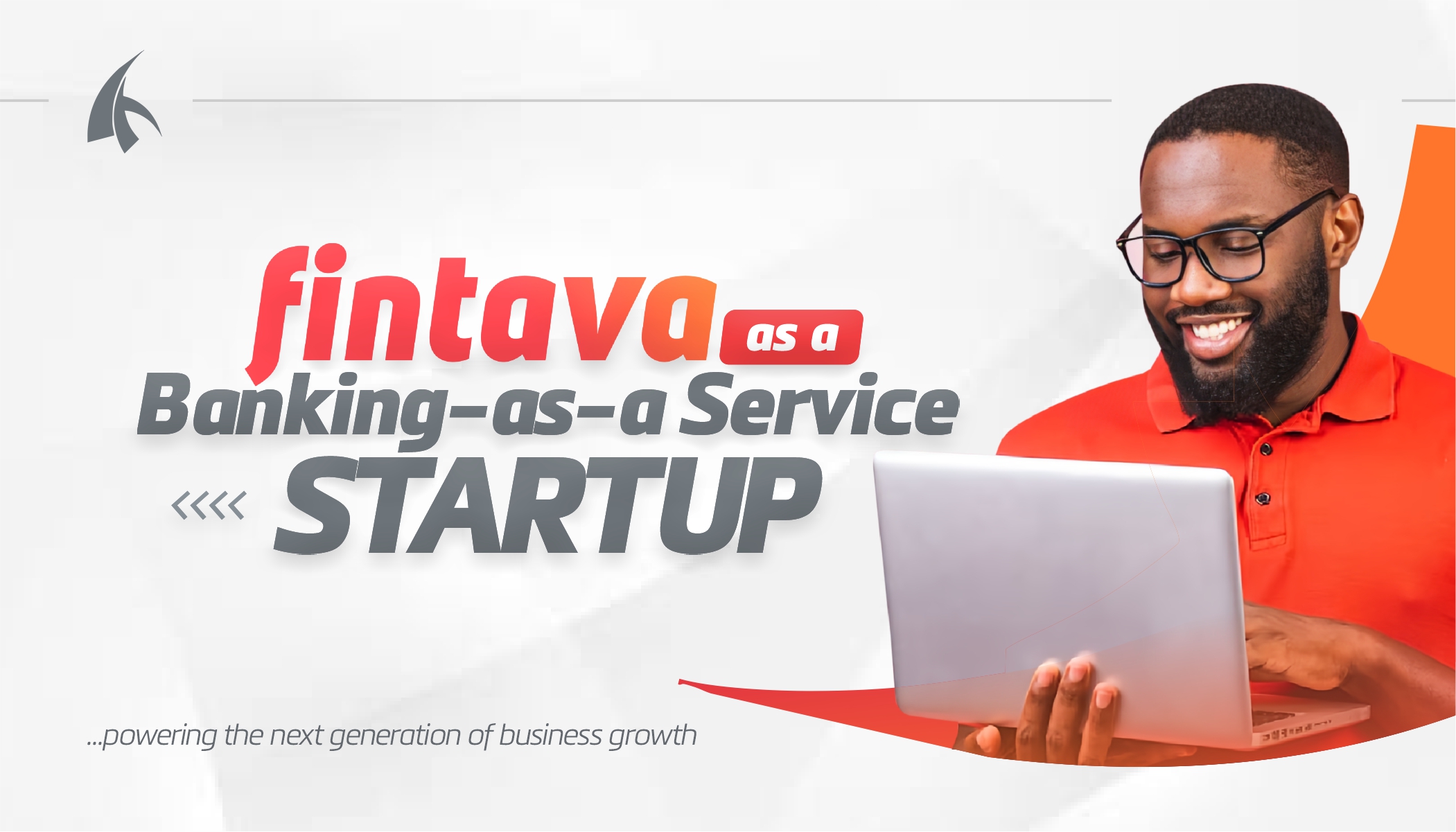Banking as a Service (BaaS) is emerging as a transformative force in the fintech landscape. Recent studies predict the global BaaS market will grow exponentially, reaching over $30 billion in value by 2028.
This rapid adoption is being driven by businesses outside traditional banking, e-commerce platforms like Amazon, ride-hailing apps, and even retailers embedding financial services into their offerings to meet the growing demand for seamless, integrated customer experiences. At the heart of this revolution is BaaS, enabling companies to deliver banking solutions without becoming banks themselves.
BaaS is more than just a trend; it’s the foundation of the future fintech ecosystem. By providing businesses with APIs to access licensed banking infrastructure, it allows them to focus on what they do best while offering customers innovative and convenient financial services.
This article explores why BaaS is rapidly becoming the future of fintech, how it’s reshaping industries, and the opportunities it presents for forward-thinking businesses.
Banking as a Service (BaaS) is a model that allows non-banking businesses to integrate financial services into their platforms using APIs provided by licensed financial institutions.
At its core, BaaS eliminates the need for companies to build banking infrastructure from scratch, enabling them to offer services like digital wallets, payment processing, lending, and account management seamlessly.
This integration creates a frictionless experience for end-users who can access financial solutions directly within their favourite apps or platforms. For example, an e-commerce platform can offer instalment-based payment options or a ride-hailing app can provide drivers with instant payouts, all powered by BaaS.
By bridging the gap between traditional banking and tech-driven innovation, BaaS empowers businesses to expand their offerings and deliver greater value to their customers.
Why BaaS is Transforming the Fintech Industry
Banking as a Service is redefining how financial services are delivered by democratising access to banking infrastructure. Traditionally, offering financial services required significant resources, regulatory approvals, and technical expertise barriers that most non-banking businesses couldn’t overcome.
BaaS eliminates these obstacles by providing ready-made banking solutions through APIs, allowing companies of any size to embed financial features into their platforms.
This innovation is especially critical in emerging markets like Nigeria, where financial inclusion remains a challenge. By enabling businesses to offer services like digital wallets, instant payments, and micro-loans, BaaS is empowering underserved communities and driving financial access to previously unreachable populations.
In addition to expanding access, BaaS enhances operational efficiency and user experience. Businesses can bypass the time and cost of building complex banking systems, focusing instead on improving their core offerings. Customers benefit from seamless, integrated financial services such as one-click payments or loyalty rewards within the apps they already use.
For instance, ride-hailing drivers (Uber) can receive earnings instantly via embedded banking features, while retail customers can access credit options during checkout. Klarna These conveniences build customer loyalty and differentiate businesses in competitive markets. By combining cost efficiency with unparalleled user experiences, BaaS is positioning itself as the backbone of the future fintech ecosystem.
As someone working at the intersection of traditional banking and fintech innovation, I’ve witnessed firsthand the transformative impact of BaaS on businesses and customers alike.
At Loma Bank and Fintava, we’ve leveraged BaaS to empower businesses to integrate seamless financial solutions into their operations, helping them scale faster and better serve their customers.
For instance, our collaborations have enabled startups to offer instant payment services and small businesses to provide credit options without the burden of managing complex banking infrastructure. The potential of BaaS lies not only in its ability to simplify financial processes but also in how it fosters innovation, builds trust, and drives financial inclusion in a rapidly evolving digital economy.


